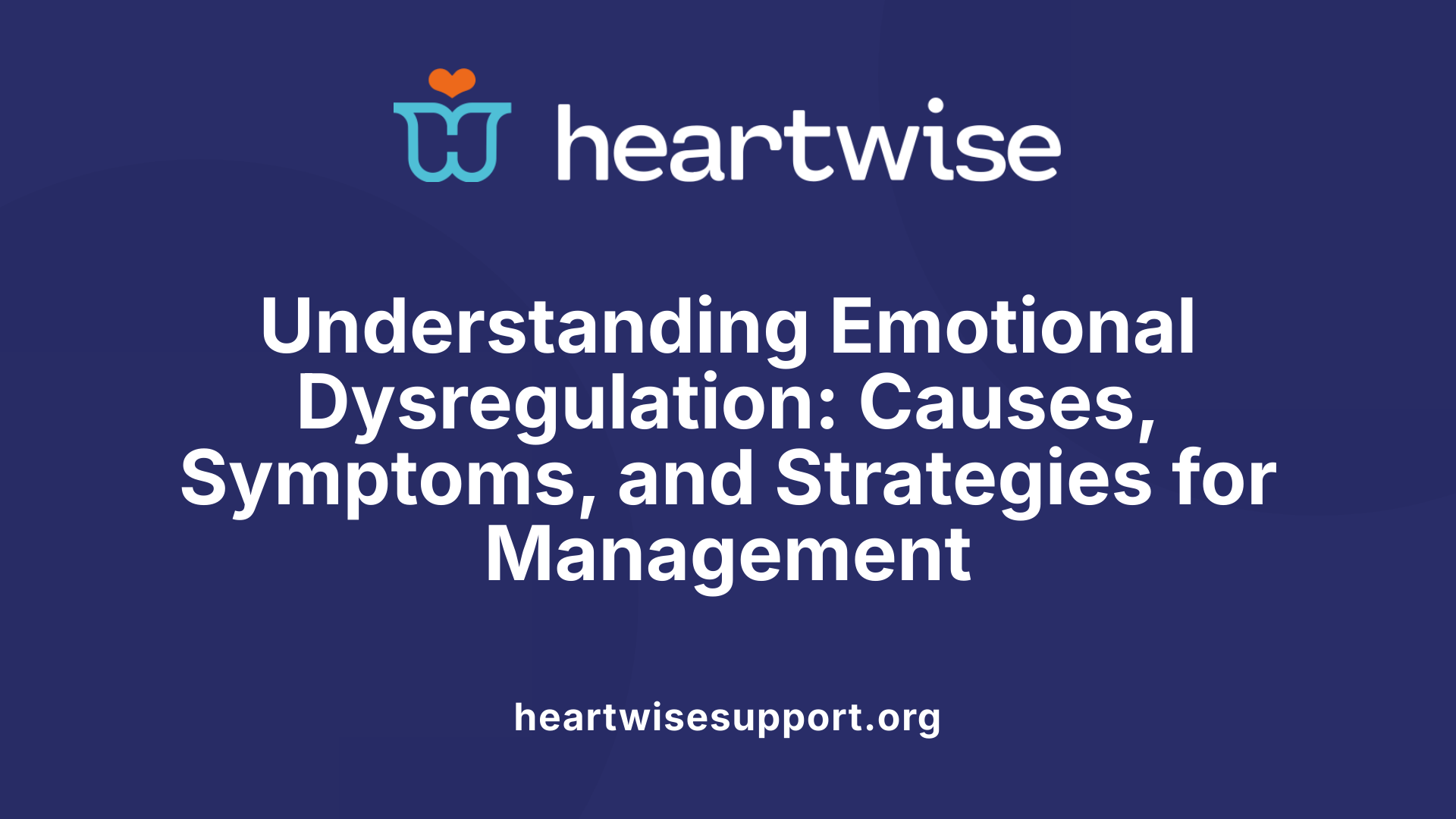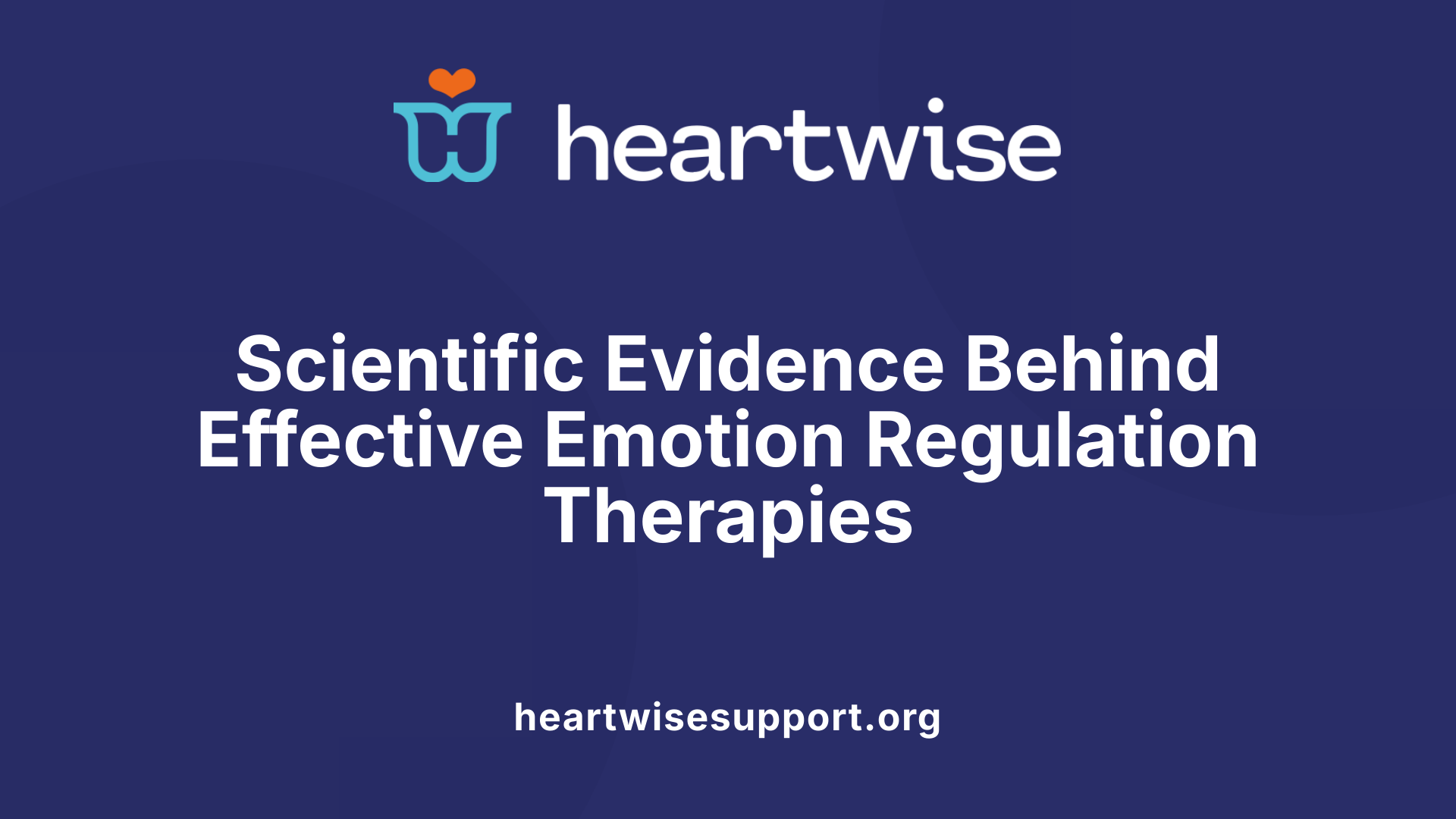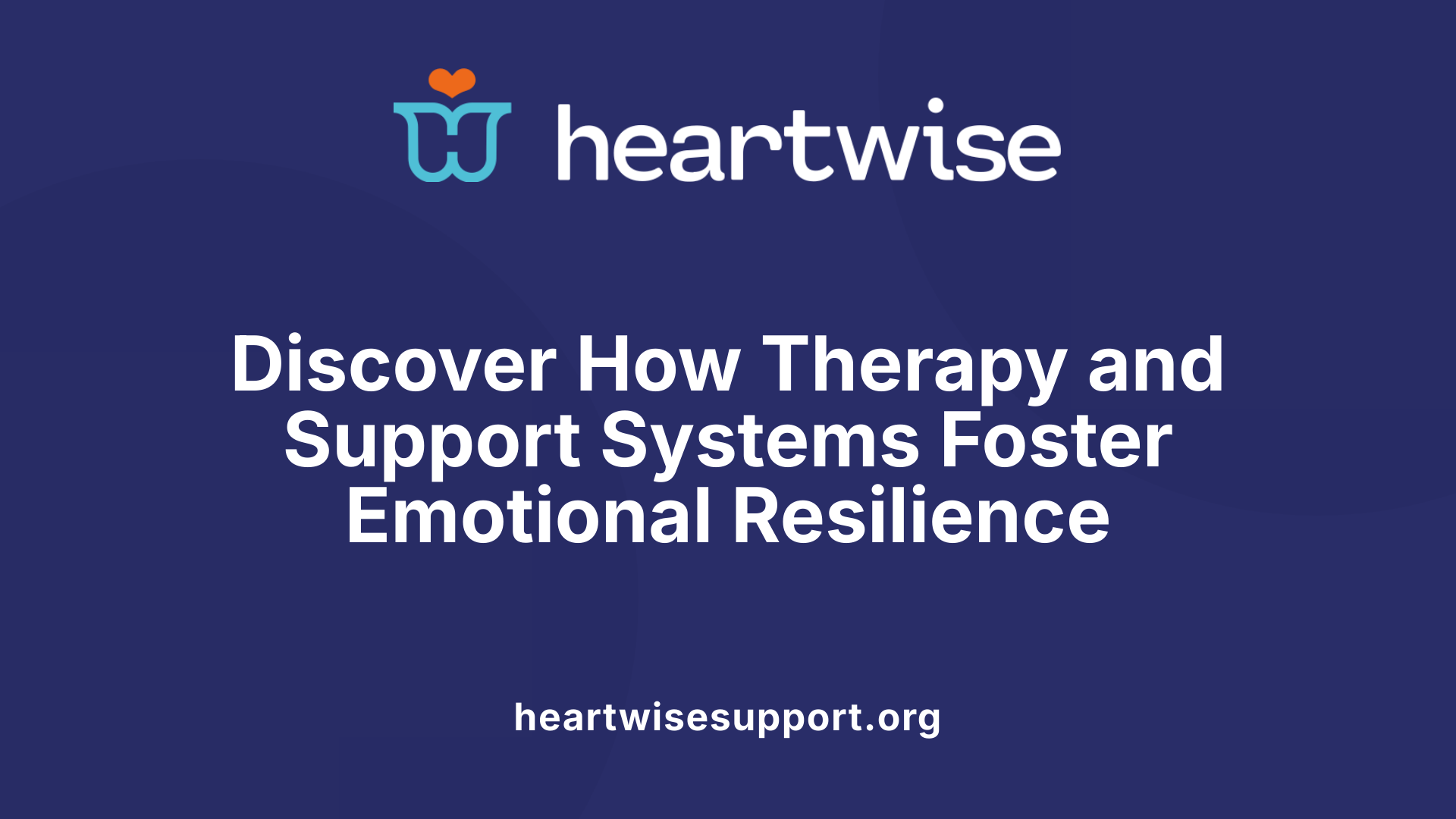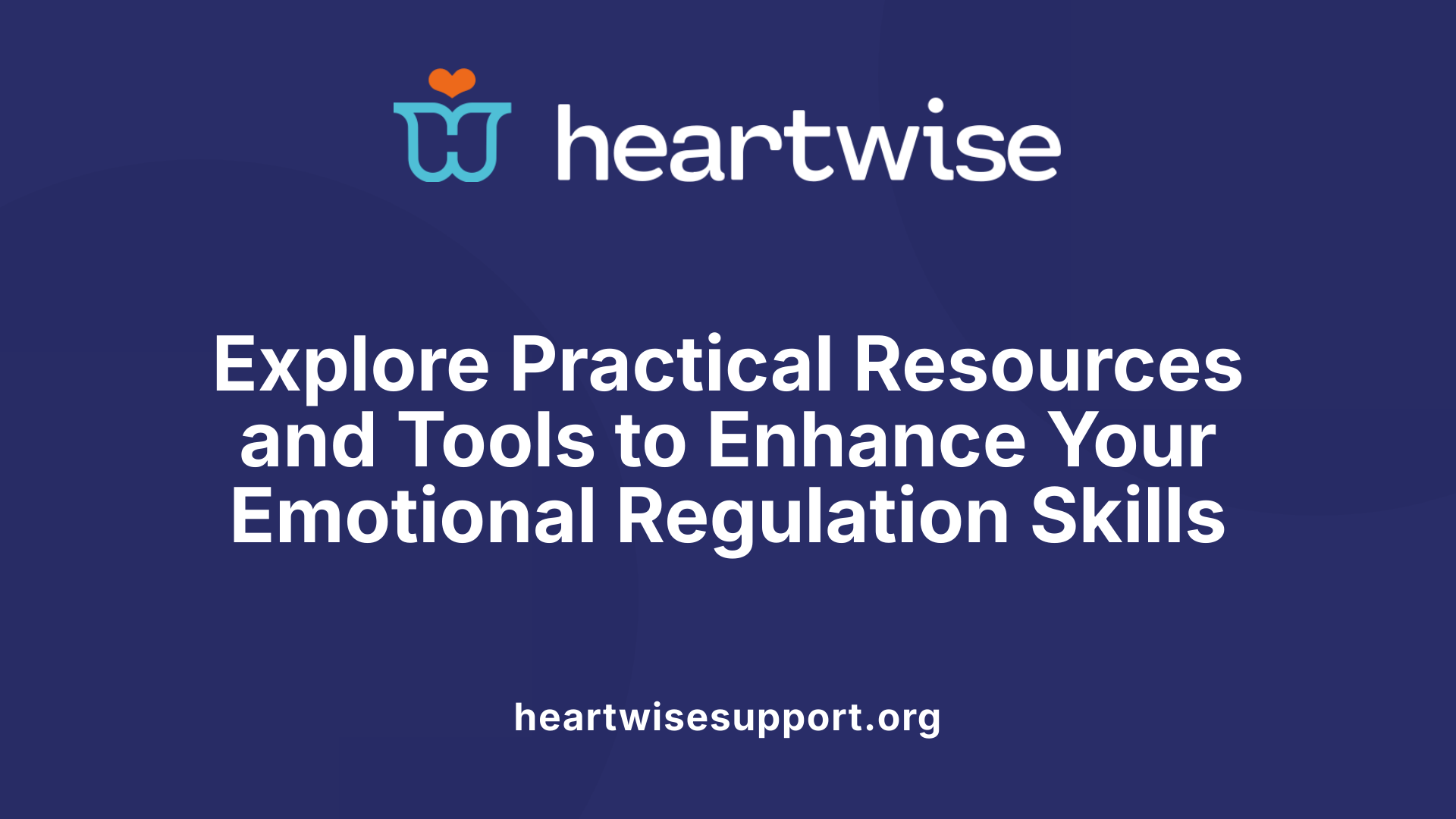Understanding the Foundation of Emotional Regulation in Mental Health
Emotional regulation is a core component of mental well-being, involving the ability to manage and respond appropriately to emotional experiences. It acts as a psychological volume knob, allowing individuals to amplify positive emotions and suppress negative ones, thus fostering resilience, healthier relationships, and overall well-being. This article explores the significance of emotional regulation, the therapeutic approaches used to enhance it, and practical strategies to cultivate these vital skills.
What is Emotional Regulation and Its Significance in Mental Health
What is emotional regulation and why is it important for mental health?
Emotional regulation is the process of managing and responding to emotional experiences in a healthy and constructive way. It involves skills like understanding one’s feelings, rethinking situations (reappraisal), practicing mindfulness, and accepting emotions without judgment.
This ability acts like a volume knob for feelings, allowing people to turn up positive emotions and dampen negative ones. It helps individuals cope with stress more effectively, reducing emotional distress and preventing impulsive or harmful behaviors.
Healthy emotional regulation promotes resilience, supporting mental health by enabling better decision-making, fostering stable relationships, and enhancing overall well-being. When emotional regulation is poorly developed, individuals may experience mood swings, anxiety, depression, or engage in maladaptive behaviors like avoidance, substance abuse, or self-harm.
Approaches such as therapy models like Acceptance and Commitment Therapy (ACT), Dialectical Behavior Therapy (DBT), and mindfulness practices teach strategies to develop these skills. Regular practice of self-awareness, cognitive reframing, and emotional acceptance can significantly improve one’s emotional stability.
In summary, mastering emotional regulation is crucial for mental health because it helps manage emotions constructively, build resilience against stress, and maintain healthy social interactions. These skills contribute not only to reducing mental health symptoms but also to enhancing overall life satisfaction and success.
The Scientific & Neural Foundations of Emotional Regulation
What is the scientific and research background supporting emotion regulation therapies?
Our understanding of emotion regulation therapies is deeply rooted in affective science and neuroscience. Extensive research, including both experimental studies and clinical trials, demonstrates that targeted therapeutic approaches can effectively improve emotional management.
Evidence from randomized controlled trials shows that therapies like Emotion Regulation Therapy (ERT), Dialectical Behavior Therapy (DBT), and Cognitive Behavioral Therapy (CBT) significantly reduce symptoms associated with disorders such as generalized anxiety disorder (GAD), major depressive disorder (MDD), and posttraumatic stress disorder (PTSD). These treatments work by addressing maladaptive processes like worry, rumination, and self-criticism, fostering healthier emotional responses.
Mechanistic studies further reveal that these therapies help normalize brain functions involved in emotion regulation. They influence neural networks connecting the amygdala, which processes emotional reactions, with the prefrontal cortex, responsible for executive control and regulation. Improving connectivity and function in these areas enhances individuals’ ability to modulate their emotions consciously.
Meta-analyses confirm that these approaches are effective across a wide range of populations and conditions, with benefits persisting over time. They show that techniques enhancing attentional control, metacognitive skills, and emotional awareness can lead to lasting improvements in emotional stability.
In summary, the scientific background underscores that bolstering emotion regulation capacity is central to reducing psychological symptoms and improving overall mental health, supported by a substantial body of neuroscience and clinical evidence.
Therapeutic Approaches for Enhancing Emotional Regulation
What therapeutic approaches are effective for improving emotional regulation?
Various evidence-based therapies have proven effective in helping individuals develop better emotional regulation skills. Among the most prominent are Dialectical Behavior Therapy (DBT), Emotion Regulation Therapy (ERT), and Cognitive Behavioral Therapy (CBT).
DBT is specially designed to assist people with intense and rapidly shifting emotions, teaching skills like mindfulness, distress tolerance, emotion regulation, and interpersonal effectiveness. These tools empower clients to manage emotional surges constructively and improve relationships.
ERT, as an emerging manualized treatment, integrates principles from traditional and contemporary therapies with current findings from affect science. It aims to strengthen emotional awareness, increase acceptance, and reduce avoidance behaviors. Techniques such as attention training, decentering (seeing thoughts and feelings from a distance), and imaginal exposure are central to ERT. It targets core emotional and motivational disruptions, helping individuals better understand and regulate their emotional responses.
Cognitive Behavioral Therapy (CBT) focuses on identifying and challenging negative thought patterns that contribute to emotional distress. By reframing thoughts and promoting positive coping strategies, CBT helps reduce symptoms like worry, rumination, and impulsivity.
In addition to these therapies, mindfulness-based approaches, such as Mindfulness-Based Cognitive Therapy (MBCT), teach clients to observe their emotions non-judgmentally, fostering greater acceptance and decreased reactivity. Emotion-focused therapy (EFT) emphasizes understanding and expressing emotions as a pathway to healing and improved regulation.
Altogether, these modalities offer a comprehensive toolkit for managing intense emotions, building resilience, and promoting mental well-being. They often include psychoeducation, behavioral activation, self-soothing techniques, and attention regulation practices.
Developing emotional regulation skills through therapy can significantly improve mental health outcomes, reduce symptoms of mood and anxiety disorders, and enhance overall life satisfaction.
Techniques and Strategies to Cultivate Emotional Regulation Skills
What techniques are used to develop and improve emotional regulation skills?
Developing strong emotional regulation involves a variety of practical techniques that can be incorporated into daily life and therapy. One foundational approach is mindfulness practices. These involve paying close attention to the present moment, often by focusing on the breath or bodily sensations. Mindfulness helps individuals observe their thoughts and feelings without judgment, which can calm a restless mind and foster increased emotional awareness.
Cognitive reappraisal is another essential technique. It entails reframing negative or distressing thoughts into more positive or neutral perspectives. For example, viewing a setback as a learning opportunity rather than a failure can reduce emotional intensity and promote adaptive responses.
Acceptance-based approaches, such as those found in Acceptance and Commitment Therapy (ACT), encourage individuals to accept their emotions instead of suppressing or avoiding them. This acceptance helps reduce emotional suffering and creates space for more intentional reactions.
Dialectical Behavior Therapy (DBT) offers specific skills like TIP—an acronym for 'Tip the pain,' which involves techniques such as using cooling methods, distraction, and self-soothing to manage overwhelming feelings. DBT also trains clients in distress tolerance and emotion recognition exercises, aiding them in tolerating stress without resorting to harmful behaviors.
Psychoeducation plays a vital role in emotional regulation by increasing awareness and understanding of emotions. When individuals can identify and label their feelings accurately, they lay a groundwork for better management and response.
Practical tips such as the pause-and-respond method—taking a moment to stop, breathe, reflect, and then choose how to respond—empower individuals to respond thoughtfully rather than react impulsively, fostering healthier emotional habits.
Collectively, these techniques help build emotional resilience, improve interpersonal interactions, and promote overall mental well-being.
Understanding Emotional Dysregulation: Causes, Symptoms, and Management

What are the causes, symptoms, and management strategies for emotional dysregulation?
Emotional dysregulation occurs when a person struggles to manage and respond to their emotional experiences effectively. It is often caused by various mental health and neurological factors. Conditions like borderline personality disorder, bipolar disorder, and posttraumatic stress disorder (PTSD) are common contributors. Trauma, especially during childhood, neglect, or abuse, can also impair emotional regulation capacities. Additionally, genetic predispositions and physical injuries to brain regions involved in emotion processing—such as the prefrontal cortex and limbic system—play significant roles.
The symptoms of emotional dysregulation are quite noticeable. Individuals may experience rapid mood swings, intense feelings of anger, sadness, or anxiety that shift quickly. Impulsive behaviors like reckless decision-making, self-harm, or outbursts are common. They might also find it difficult to calm down after emotional episodes, leading to ongoing distress and challenges in relationships and daily activities.
Managing emotional dysregulation involves multiple approaches. Psychotherapy, especially Dialectical Behavioral Therapy (DBT) and Cognitive Behavioral Therapy (CBT), are proven effective. These treatments focus on teaching skills such as emotional awareness, distress tolerance, mindfulness, and cognitive reappraisal. Medications may be prescribed to stabilize mood and reduce impulsivity.
Lifestyle interventions also contribute significantly. Regular physical activity, mindfulness practices, maintaining supportive social environments, and stress reduction techniques help stabilize emotions. Addressing underlying mental health conditions, engaging in skills training, and creating routines can further improve emotional control.
In summary, emotional dysregulation arises from complex biological and psychological factors, presents with various challenging symptoms, and warrants a comprehensive management plan. Combining therapy, medication, and lifestyle changes offers the best chance for individuals to regain emotional stability and improve their quality of life.
Research and Evidence Supporting Emotion Regulation Therapies

What is the scientific evidence supporting different therapeutic methods for emotional regulation?
Numerous studies and clinical trials have demonstrated the effectiveness of various therapies designed to improve emotional regulation (ER). Evidence-based approaches such as Cognitive Behavioral Therapy (CBT), Dialectical Behavior Therapy (DBT), and Emotion Regulation Therapy (ERT) have shown significant benefits for individuals with mental health conditions.
Research indicates that these therapies focus on enhancing skills like emotional awareness, labeling feelings, cognitive reappraisal, and acceptance. For example, randomized controlled trials (RCTs) have consistently shown reductions in symptoms of anxiety, depression, borderline personality disorder, and PTSD when these ER skills are targeted. Improvements in emotional regulation often translate into better relationships, reduced impulsivity, and overall mental well-being.
Neurobiological studies support these findings by highlighting the roles of the prefrontal cortex and amygdala. These brain regions are involved in impulse control and emotional responses. Therapy seems to strengthen the connectivity between these areas, enabling individuals to respond more adaptively to emotional stimuli.
Meta-analyses and systematic reviews compile data from multiple studies, confirming that ER-focused interventions lead to long-term improvements. For instance, treatments like DBT, which teaches mindfulness and distress tolerance, have shown robust efficacy in regulating intense emotions and reducing self-harm behaviors.
Overall, scientific evidence from diverse research methodologies validates various therapeutic approaches for enhancing emotional regulation, demonstrating that developing ER skills can significantly improve mental health outcomes across different populations.
The Role of Therapy and Support Systems in Building Emotional Resilience

What is the role of professional support and therapy in enhancing emotional regulation?
Professional support and therapy are crucial for developing strong emotional regulation skills. They provide a safe, structured environment where individuals can learn and practice evidence-based strategies tailored to their needs.
Therapeutic approaches like Dialectical Behavior Therapy (DBT), Cognitive Behavioral Therapy (CBT), Acceptance and Commitment Therapy (ACT), and Emotion Regulation Therapy (ERT) focus on teaching essential skills such as mindfulness, cognitive restructuring, acceptance, and distress tolerance. These techniques help individuals better understand their emotional responses, differentiate between primary and secondary feelings, and reframe negative thoughts.
Through therapy, individuals can identify maladaptive patterns like worry, rumination, or avoidance that hinder emotional balance. Therapists also work on strengthening underlying neural mechanisms by fostering neural connectivity and flexibility, enabling better control over impulses.
Long-term benefits of therapy include increased emotional resilience, reduced symptoms of anxiety and depression, and improved interpersonal relationships. The structured guidance progressively builds mastery over emotional responses, helping individuals handle stress more adaptively.
Overall, professional therapy is a vital tool in cultivating emotional regulation skills—key for mental health, personal growth, and satisfying social functioning. It empowers individuals to respond to life's challenges with greater flexibility, calmness, and confidence.
Resources and Practical Tools for Improving Emotional Regulation
 Finding effective resources to learn and enhance emotional regulation skills is essential for personal growth and mental health. One of the most well-known therapeutic methods is Dialectical Behavior Therapy (DBT), which provides practical strategies such as mindfulness, emotion labeling, distress tolerance, and emotional acceptance. These elements help individuals manage intense emotions constructively.
Finding effective resources to learn and enhance emotional regulation skills is essential for personal growth and mental health. One of the most well-known therapeutic methods is Dialectical Behavior Therapy (DBT), which provides practical strategies such as mindfulness, emotion labeling, distress tolerance, and emotional acceptance. These elements help individuals manage intense emotions constructively.
Online platforms and educational websites also offer valuable information. For instance, articles on positivepsychology.com delve into techniques like cognitive reappraisal, emotional awareness exercises, and mindfulness practices that are easy to integrate into daily routines.
Practical tools such as worksheets and guided exercises are particularly beneficial for both individuals and educators. These often focus on activities like identifying emotional zones, practicing deep breathing, and applying radical acceptance to difficult emotions. Incorporating these into classroom or therapy settings can foster better emotional management.
Additionally, self-assessment questionnaires are valuable for tracking progress. The Emotion Regulation Questionnaire (ERQ) and the Interpersonal Emotion Regulation Questionnaire (IERQ) are widely used tools that measure how well a person manages their emotions and the strategies they employ.
Beyond professional therapy, various self-help books, online courses, and workshops focus on emotional intelligence, mindfulness, and self-awareness. These resources support ongoing development of emotion regulation skills and cultivate resilience.
To explore further, searching terms like "resources for emotional regulation skills improvement" can lead to websites, community programs, and app-based tools designed to bolster emotional health. Engaging with these resources can lead to sustained emotional well-being and improved interpersonal relationships.
The Path Forward: Building Emotional Resilience
Developing strong emotional regulation skills is a lifelong journey that significantly impacts mental health, relationships, and overall happiness. Through effective therapies such as DBT, CBT, and ERT, complemented by practical strategies like mindfulness and cognitive reappraisal, individuals can learn to manage their emotions more adaptively. Support from mental health professionals, access to educational resources, and community initiatives further enhance this process. Embracing an ongoing commitment to emotional growth paves the way for resilient, healthier lives, with the ability to navigate life's challenges with greater ease and confidence.
References
- Emotional Regulation: 5 Evidence-Based Regulation Techniques
- Emotion Regulation Therapy
- Mastering Everyday Life with Therapy for Emotion Regulation
- Emotion Regulation Therapy: A Mechanism-Targeted Treatment for ...
- The Importance of Emotional Regulation in Mental Health
- Emotion Regulation Therapy and Its Potential Role in the Treatment ...
- [PDF] Emotion Regulation Skills
- Emotional Dysregulation: What It Is, Causes & Symptoms
- Emotion Regulation - Dialectical Behavior Therapy











